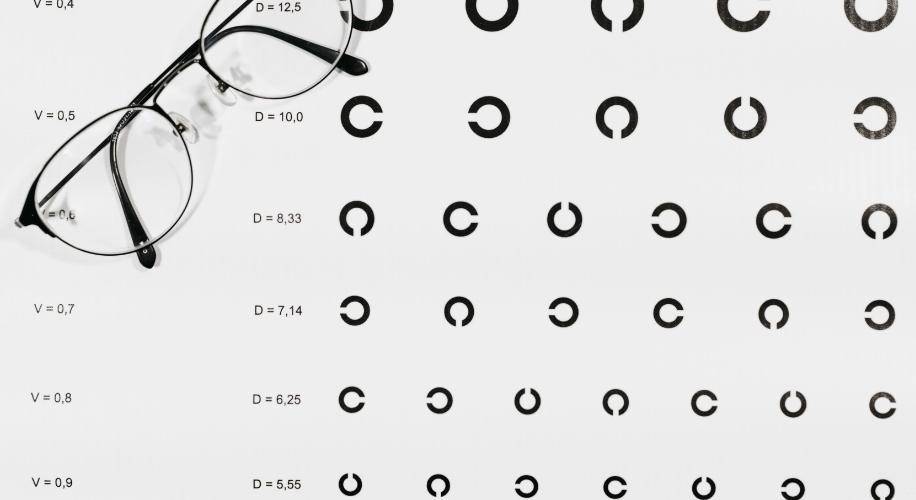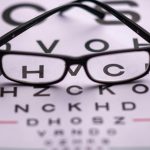Decoding 20/20 Vision with Zenni: Understanding the Clarity of Your Eyesight
- BY Alyssa Buchanan
- IN Eye Health

If you’ve ever visited an optometrist, you might have heard the term “20/20 vision.” But what exactly does it mean? Does having 20/20 vision mean you have perfect vision? Let’s dig into the details and demystify this common eye test term. By delving into the specifics of 20/20 vision and its implications, you can enhance your knowledge of visual acuity and better appreciate how Zenni’s diverse range of eyewear options caters to various vision needs.

Understanding the Concept of 20/20 Vision
The term 20/20 vision, known scientifically as normal visual acuity, is a measurement used in the field of optometry to evaluate the sharpness of a person’s vision. Originating from the Snellen eye chart, this numeric representation simply indicates the clarity or sharpness of vision at a distance of 20 feet. If you have 20/20 vision, you can see clearly at 20 feet what an average person can see at that distance. However, it’s essential to note that 20/20 vision doesn’t imply perfect vision. It only measures visual acuity. Other aspects of vision, such as peripheral awareness (side vision), eye coordination, depth perception, focusing ability, and color vision, are not factored into this measurement.
What If You Don’t Have 20/20 Vision?
If your vision isn’t 20/20, don’t panic, you’re not the only one. Many people have vision that’s less than perfect, and it’s usually easily corrected with eyewear like glasses or contact lenses.
- If your vision is 20/40, it means that you must be as close as 20 feet to see what a person with normal vision can see at 40 feet.
- A vision of 20/200 implies that you must be a mere 20 feet from an object to see it, while a person with normal vision can see it at 200 feet.
It’s crucial to have regular eye tests, not just to check if your current prescription is up-to-date, but also to screen for potential eye diseases. Regular check-ups can help identify issues such as astigmatism, nearsightedness, or farsightedness early, making treatment more effective. To learn more about these conditions, read our guide on what is astigmatism and other vision issues.
Improving Your Visual Acuity
There are several ways to correct less-than-perfect vision. The most common are wearing corrective eyewear like glasses or contact lenses. For those who want a more permanent solution, options like LASIK or PRK eye surgeries may be possible. Additionally, maintaining good eye health can help preserve your vision. This includes eating a balanced diet, avoiding eye strain, and wearing sunglasses for UV protection.

Remember, having regular eye examinations is key to detecting any changes in your vision and ensuring your eyes stay healthy. If you think your vision isn’t as sharp as it should be or have any concerns about your eye health, don’t hesitate to book an appointment with your optometrist. Here at Zenni, we recommend keeping your eyewear prescriptions up-to-date and exploring their diverse range of frames designed to cater to different vision needs and styles. Regular check-ups and access to quality eyewear play a crucial role in maintaining optimal eye health and visual acuity.





